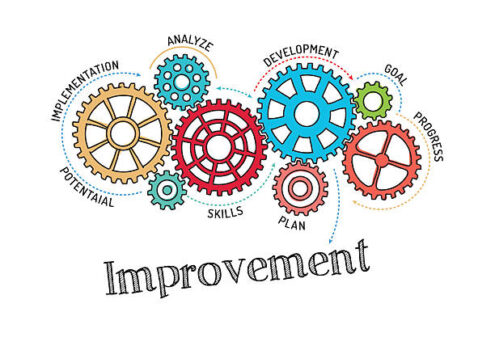Competency Management Framework
Competency is a term which is much related to an individual’s personal attributes and inputs. These are defined as behaviors that individuals must acquire to perform the work effectively. It covers the concept demonstrating performance outputs as well as behavioral inputs. The core competencies of an organization are its capabilities, knowledge, skills and resources. Core competencies of an organization is also known by the name of core capabilities, briefing in










